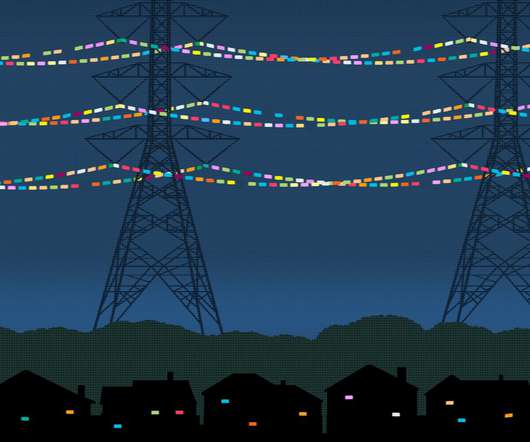Only 4% of TV news correctly connected Hurricane Beryl to climate change
Baua Electric
JULY 11, 2024
The 2024 hurricane season is here, and we’ve already had our first record-breaking hurricane in Beryl, which caused billions in damage and deaths in Texas, Grenada, Venezuela and nearby areas. But one thing that is well-understood is that a warmer atmosphere, and warmer water, means stronger storms.












Let's personalize your content